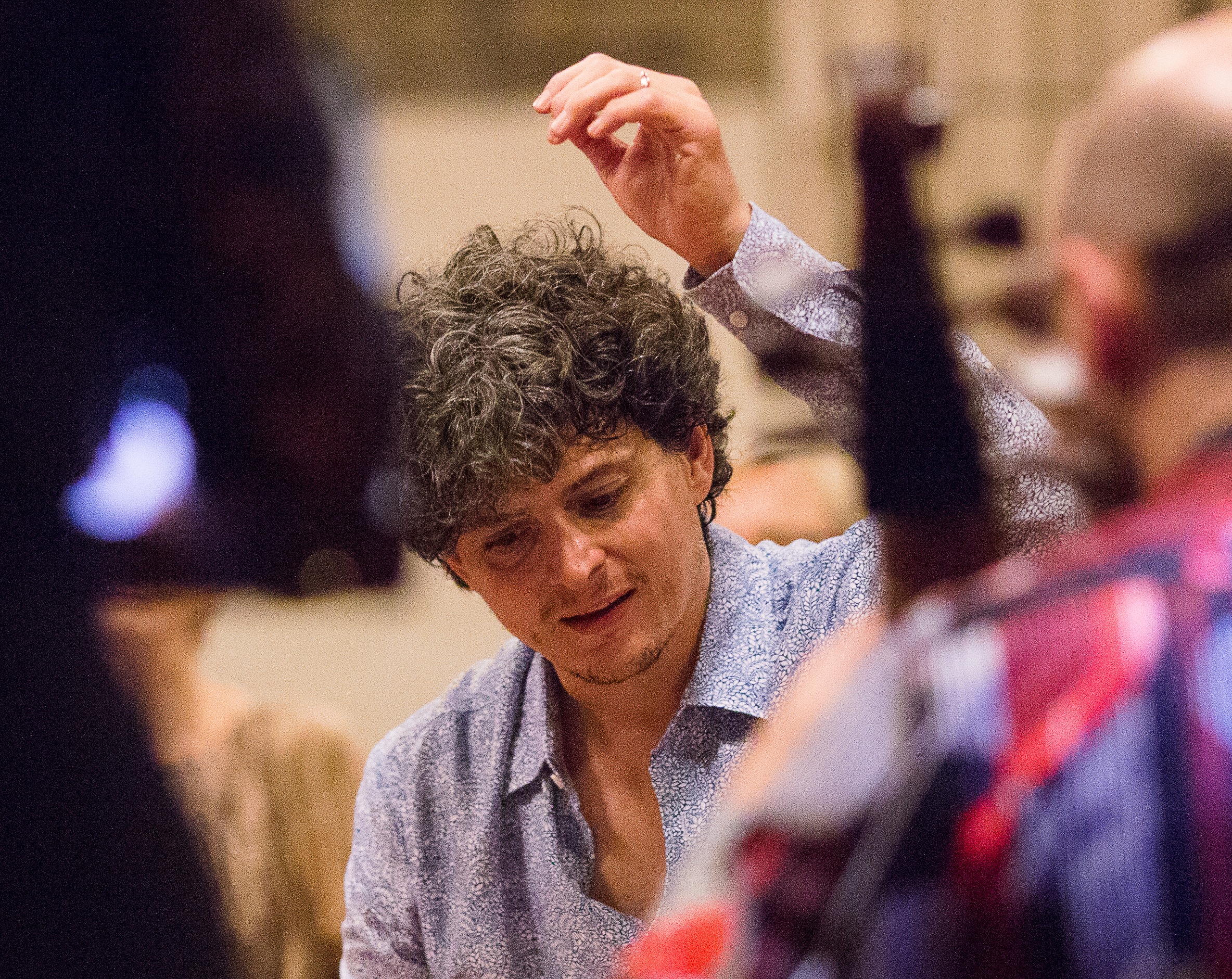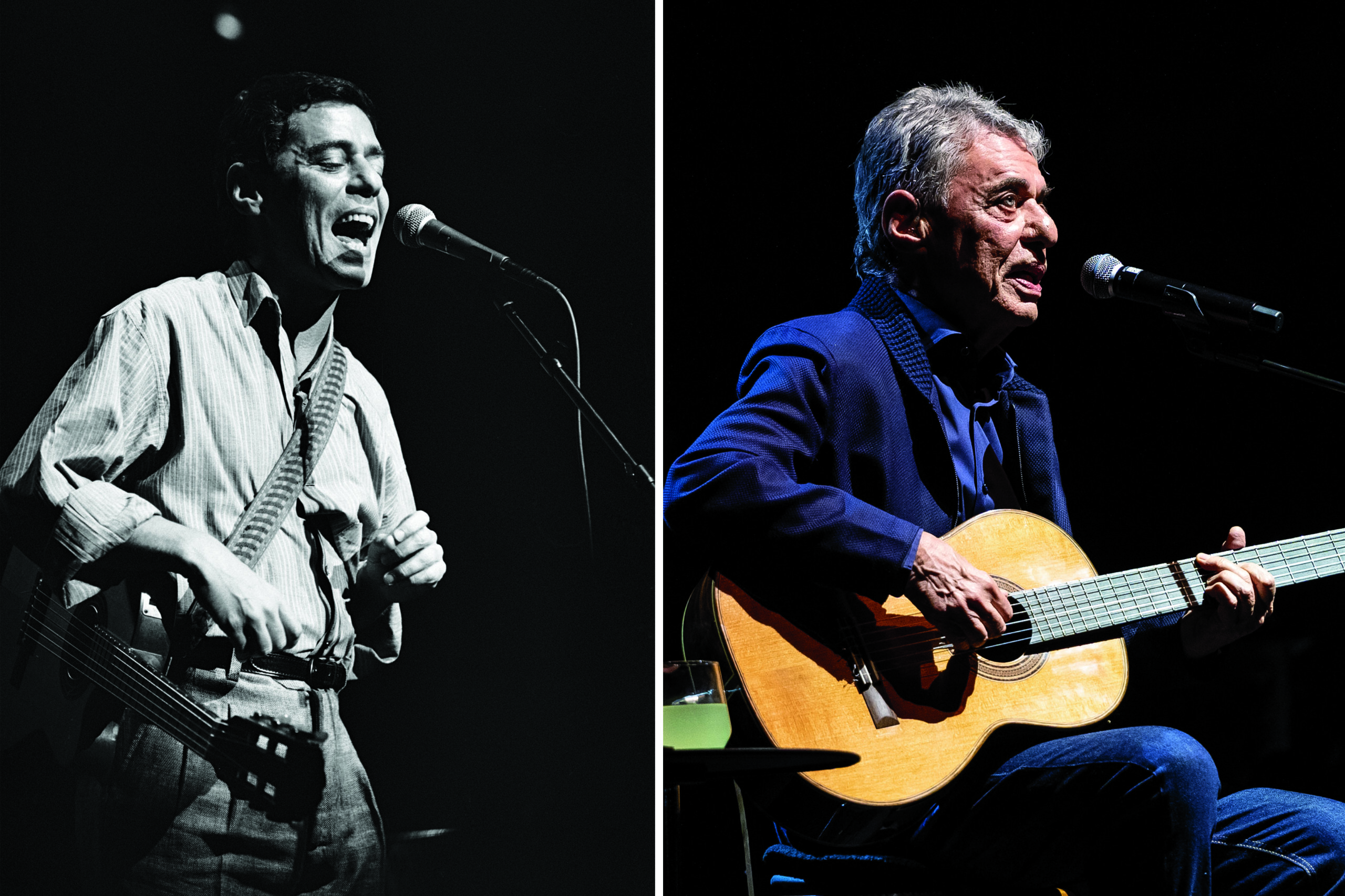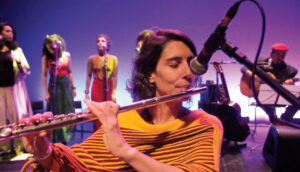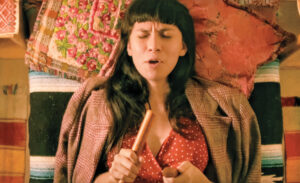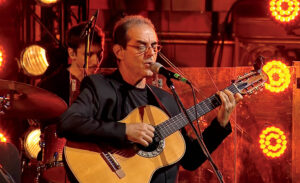This article is adapted from AQ’s special report on trends to watch in Latin America in 2025.
If the Swedish Academy again feels the desire to recognize literary work outside the traditional bounds (having given the Nobel Prize in Literature to U.S. singer Bob Dylan in 2016), I strongly recommend they consider Brazilian superstar songwriter, poet, and novelist Chico Buarque.
Buarque, who recently turned 80, is one of the founding fathers of MPB (Música Popular Brasileira), which took the country’s popular music to new dimensions in a kaleidoscopic explosion starting in the late 1960s. Francisco “Chico” Buarque de Hollanda was born in 1944 in Rio and, as was the case for artists of his generation, began his career against the backdrop of Brazil’s 20-year military dictatorship, which started in 1964 and became more authoritarian by the end of the decade.
After breaking into the mainstream musical scene in 1966 and quickly becoming “the only national unanimity,” in the words of journalist Millôr Fernandes, Buarque spent 1968-69 in exile. He returned to Brazil in 1970, facing ever-increasing censorship that forced artists to find ways to express their opposition to the regime and its oppressive social policies while still sharing their songs with the public and staying out of jail—or worse.
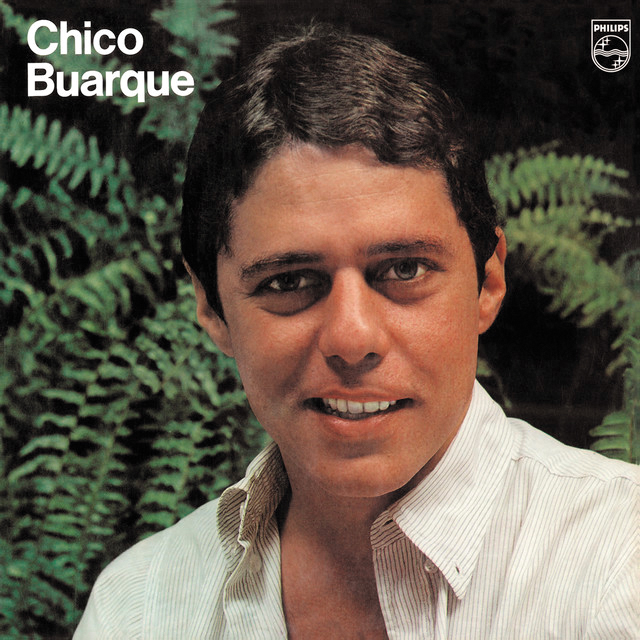
Chico Buarque (1978)
A pair of songs on the 1978 album Chico Buarque offer contrasting examples of his poetic-political jogo de cintura—a Brazilian football metaphor for brilliant solutions to a difficult situation, in this case the dangers of an artistic career in authoritarian environments. Early in the album, “Cálice” is a bleak protest song, starting with the title. “Cálice” means “chalice,” but the word also sounds exactly like cale-se, which means “Shut up!” so that every time the guest vocal ensemble shouts the word as a response to the singer, they are ordering him to stop, recreating the act of censorship.
The refrain paraphrases Matthew 26:29, with the singer, speaking in Christ’s voice, asking the Father to spare him the cup of bloody wine of his Passion. In the final lines, the singer wants to “get drunk into oblivion on diesel fumes,” a reference to a torture technique deployed by the government. He wishes to let out an “inhuman scream” that will nonetheless be a way of being heard, suggesting that life is perhaps not a foregone conclusion.
The tone of Chico’s protest, however, is not always so desolate. In “Apesar de você,” the surprising closing track of the album, a celebratory chorus sings of the inevitable day that will bring an end to darkness at the hands of the unnamed oppressor who “invented sin and sadness but forgot to invent forgiveness.”
But the genius of any songwriter lies as much in music as in poetry, and over his long career, Chico has displayed a remarkable musical versatility, deeply rooted in but not confined to samba. A lot of his early compositions are indeed sambas, like “A Rita,” in which a lover reveals that, for all the things she took with her (not money, mind you), the worst thing she did was to silence his guitar.
My favorite non-samba from this time is “Mulheres de Atenas,” a song written in 1976 for an adaptation of Lysistrata, which was also censored, I suppose because of its gentle critique of a remote patriarchal society. Other albums from the 1970s include gems like the striking “Construção,” with intense and truly avant-garde orchestral arrangements by composer Rogério Duprat and masterly use of paroxytones (a poetic tradition since baroque times), or the classic “O que será,” written for the 1976 film Dona Flor e seus dois maridos, later taken up by Milton Nascimento and others.
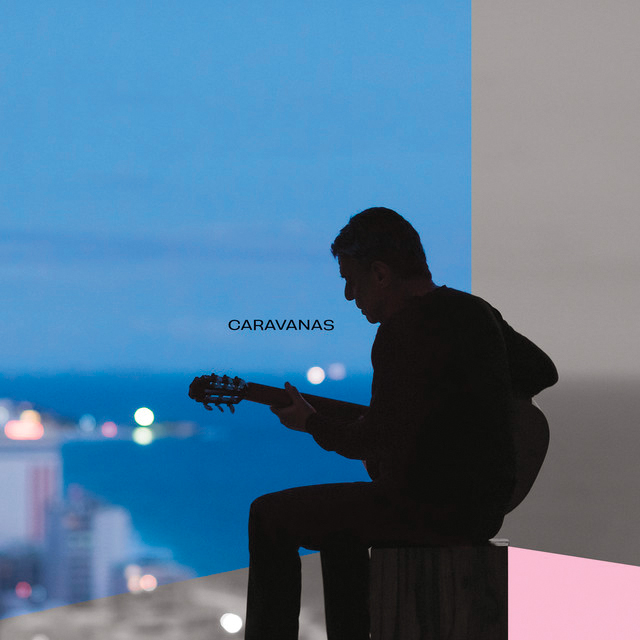
Caravanas (2017)
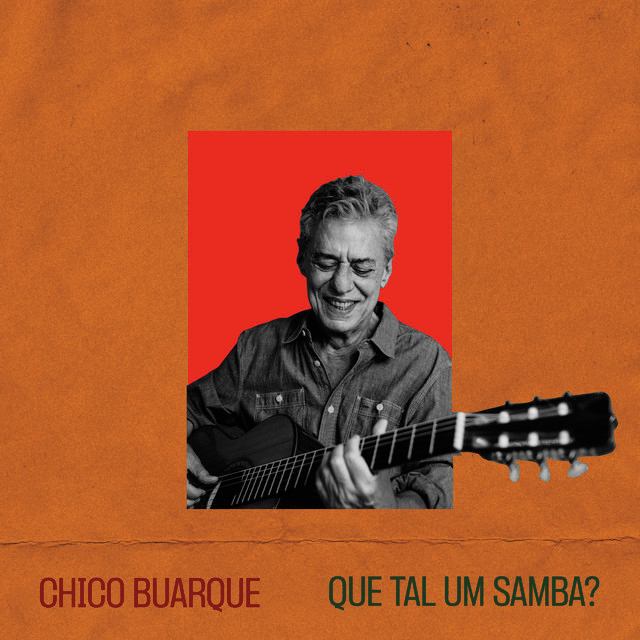
Que tal um samba? (2023)
From the 2017 album Caravanas, Buarque’s latest collection of new songs, “Tua cantiga” describes a characteristically dark, unlimited love, delivered over elaborate harmonies that highlight Chico’s voice. Chico made what feels like a visit to a first love with Que tal um samba?, a 2023 live recording of shows in collaboration with singer Mônica Salmaso, dedicated to his original sambas dating back decades, for which the two toured extensively in Brazil after the pandemic. At 80, Chico continues a long streak across his almost 60-year musical career, joining unparalleled lyrical talent with fearless musical versatility and a prescient talent for building fruitful partnerships.
Listen to this AQ Playlist on Spotify.


